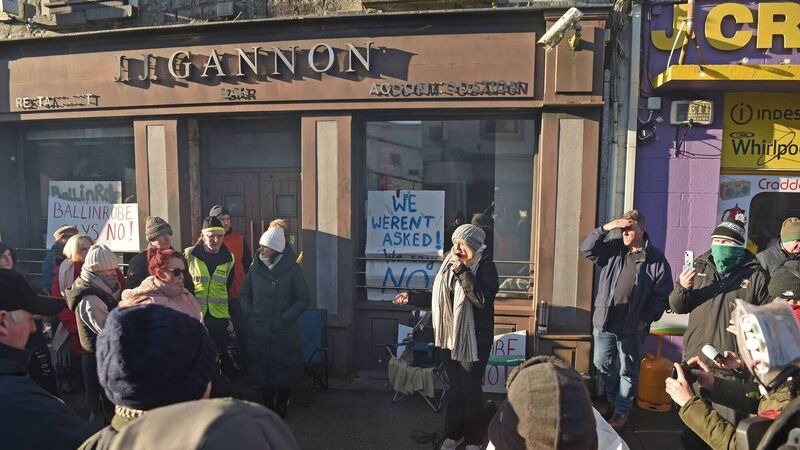Irish Examiner view: Wisest move would be for county council to withdraw its motion

There has been a recent escalation of tensions around asylum seekers and refugees. Picture: Conor McKeown
The decision taken by Mayo County Council earlier this week may be one of the most extraordinary ever taken by a local authority in Ireland, even if one accepts how competitive that field is.
A motion was passed by the council a couple of days ago which calls on staff to stop co-operating with the Department of Integration when it comes to housing asylum seekers.













